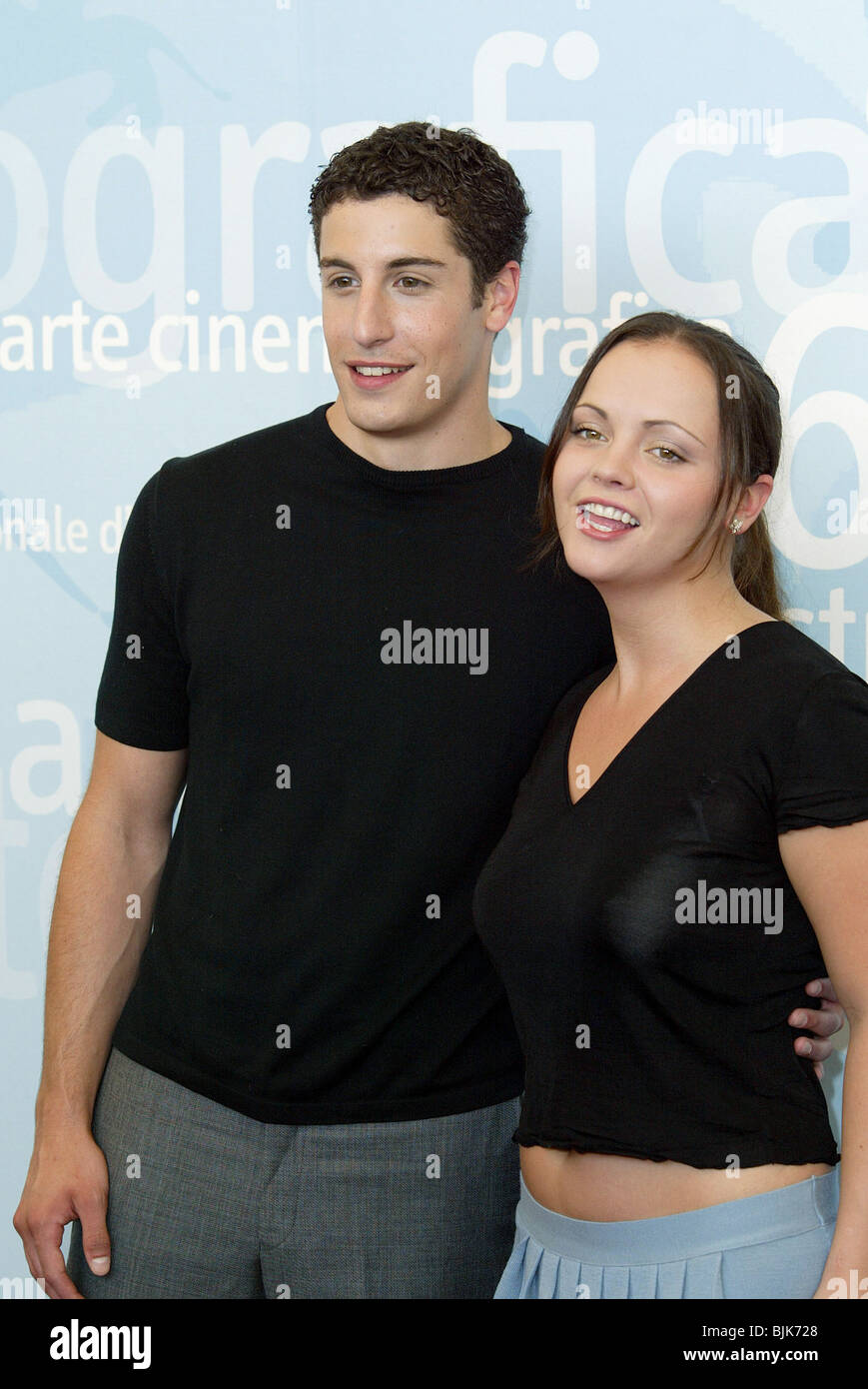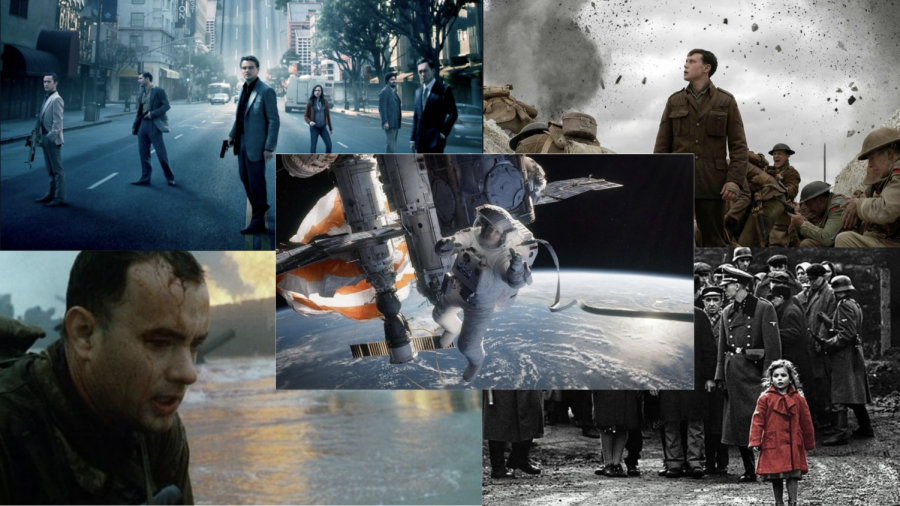Anything Else, presents an intricate tapestry of romantic comedy seamlessly intertwined with existential exploration. Rich in thematic depth and nuanced performances, this film holds a distinctive place within Allen’s extensive body of work. Despite its mixed critical reception, Anything Else invites audiences into a world of compelling character interactions and reflective narrative style. This blog delves deep into the film, unraveling its narrative intricacies, stylistic choices, and broader cultural impact.
Overview
Narrative Structure and Setting
Set against the vibrant backdrop of New York City, Anything Else embarks on a narrative journey that captures the quintessential hustle, artistic ambitions, and romantic escapades typical of Allen’s portrayal of the city. The film opens with Jerry Falk, an aspiring writer, whose life is poised between creative aspirations and personal quandaries. New York City, often depicted as a character in Allen’s films, embodies both opportunities and challenges, reflecting the internal struggles of its inhabitants.
Plot Synopsis
Jerry Falk, played by Jason Biggs, finds himself tangled in the complexities of a romantic relationship with the alluring yet enigmatic Amanda, portrayed by Christina Ricci. Their love affair, defined by moments of tenderness and tension, captures the inherent challenges of intimacy and communication. Amanda’s charm is offset by her emotional detachment, creating a dynamic that is both magnetic and tumultuous.
The narrative is enriched by the introduction of David Dobel, a seasoned, eccentric, and somewhat paranoid mentor figure played by Woody Allen. Dobel offers Jerry unconventional wisdom that oscillates between paranoia and profound insight, pushing Jerry toward a path of self-discovery amidst chaos.
Key Characters
- Jerry Falk: The protagonist, portrayed by Jason Biggs, embodies a blend of youthful aspiration and neurosis. Jerry’s journey is one of self-realization, intertwined with the relatable struggles of love and ambition.
- Amanda: Christina Ricci’s portrayal of Amanda is a complex character study. Her charisma is juxtaposed with her emotional capriciousness, making her relationship with Jerry fraught with tension and exploration.
- David Dobel: As Jerry’s mentor, Woody Allen brings a duality to Dobel’s character—his philosophical anecdotes and unconventional advice serve as a catalyst for Jerry’s introspection and growth.
- Harvey Wexler: Danny DeVito plays Jerry’s agent with vigor and humor, adding a layer of professional conflict to Jerry’s personal turmoil.
- Paula: Stockard Channing’s role as Amanda’s mother brings forth familial dynamics and generational contrasts, adding complexity to Jerry’s interpersonal relationships.

Cinematic Techniques and Style
Visual Composition and Anamorphic Aspect Ratio
The film is distinguished by its aesthetic choices, notably the use of the anamorphic aspect ratio. This technique amplifies the visual narrative, enhancing the depiction of New York’s urban expanse alongside the intimate emotional landscapes of its characters. The carefully crafted cinematography, led by Darius Khondji, captures subtle emotional exchanges against the city’s expansive backdrop, creating a visually engaging storytelling experience.
Directorial Approach
Allen’s direction reflects his signature style—a seamless integration of humor and intellectual reflection. His approach to dialogue-driven storytelling is evident, creating a film that balances comedic moments with reflective pauses. The incorporation of philosophical musings within the narrative allows the audience to engage deeply with the film’s thematic questions.

Themes and Messages
Exploration of Love and Insecurity
The film serves as a poignant exploration of love and insecurity, delving into the intricacies of romantic relationships and personal vulnerabilities. Jerry and Amanda’s dynamic embodies a dance of attraction and emotional uncertainty, reflecting broader themes of trust, fidelity, and the challenges of maintaining a genuine connection amidst external pressures.
Mentorship and Personal Growth
The mentor-mentee relationship between Jerry and Dobel is central to the narrative, illuminating themes of personal growth and self-discovery. Dobel’s eccentric wisdom encourages Jerry to embrace a life of self-reliance and introspection, highlighting the transformative power of mentorship.
Existential Reflections
A hallmark of Allen’s work, Anything Else is infused with existential reflections. The dialogues prompt audiences to contemplate life’s inherent ambiguities and the pursuit of meaning in seemingly chaotic circumstances. This reflective layer enhances the film’s thematic depth, inviting viewers to engage with its philosophical inquiries through a comedic lens.
Societal and Cultural Commentary
Allen utilizes the narrative to offer subtle critiques of societal norms and cultural expectations. The characters’ experiences within the bustling metropolis of New York serve as a microcosm of broader societal dynamics, exploring themes of ambition, artistic pursuits, and the quest for personal fulfillment.
Reception and Critical Analysis
Divergent Critiques
Despite its modest box office performance, Anything Else has sparked considerable interest among scholars and critics. With a 40% approval rating on Rotten Tomatoes, the film’s reception has been varied, with praise often directed at its sharp dialogue and complex characters, while some critiques highlight repetitive elements from Allen’s previous works.
- Roger Ebert awarded the film three out of four stars, noting the vibrancy of the dialogue and the supporting performances as standout aspects. His review emphasizes the film’s ability to capture the nuances of human relationships with wit and sincerity.
- James Berardinelli identified the film’s intellectual depth as a defining quality, characterizing it as a refreshing take on the romantic comedy genre.
Audience Reception
Audience reactions are mixed, with some drawn to Allen’s exploration of philosophical themes, while others perceive the film as revisiting familiar territory within Allen’s broader oeuvre. However, the younger cast and fresh narrative elements have been recognized for breathing new life into the thematic exploration.
Academic and Scholarly Interest
The film’s nuanced treatment of romantic and existential themes has prompted scholarly analyses, positioning it as a significant subject for studies of Woody Allen’s filmography. Its multifaceted narrative offers a rich ground for exploring the evolution of romantic comedies and their intersection with deeper philosophical questions.
Influence and Legacy
Cultural and Cinematic Impact
Anything Else holds a noteworthy place within contemporary cinematic discourse, emphasized by its inclusion in Quentin Tarantino’s list of top 20 films since 1992. This acknowledgment underscores the film’s subtle yet enduring resonance within the landscape of modern cinema.
Contributions to the Genre
The film’s blend of comedic and existential elements represents a unique contribution to the romantic comedy genre. By combining traditional storytelling with introspective themes, Anything Else challenges conventional narratives, inspiring discussions on the genre’s adaptability and depth.
Enduring Appeal
The film’s enduring appeal lies in its ability to resonate with audiences through its exploration of universal human experiences. The character-driven narrative, set against the vibrant tapestry of New York City, continues to captivate viewers and provoke thoughtful reflection on life’s complexities.
Conclusion
Anything Else emerges as a compelling cinematic work, characterized by its intricate blend of humor, romance, and existential reflection. Through its exploration of love, insecurity, and self-discovery, the film engages audiences with its nuanced portrayals and thematic richness. Despite a mixed critical reception, it stands as a testament to Woody Allen’s ability to weave complex narratives that encapsulate the intricacies of human relationships.
In the broader context of Allen’s filmography, Anything Else offers a unique perspective on the comedic and philosophical dimensions of life, inviting viewers to engage with its narrative on multiple levels. For cinephiles and scholars alike, the film remains a significant exploration of the interplay between humor, romance, and the timeless quest for meaning.
Through the lens of Anything Else, Allen crafts a narrative that not only entertains but also prompts introspection, providing a nuanced look at the challenges and triumphs inherent in the human experience. As such, it continues to hold relevance and intrigue, offering valuable insights into the multifaceted nature of life’s journey.





